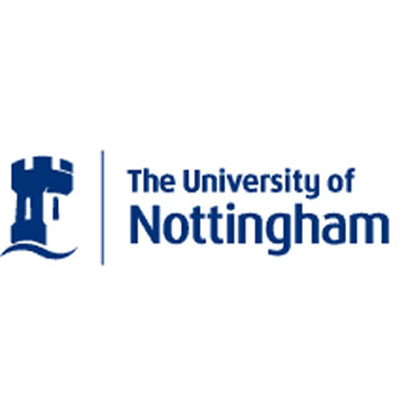
These programmes will provide you with core scientific and engineering knowledge coupled with a wide range of transferable skills – IT, communications, management, analysis, problem solving and team work – to prepare you for a career in the petroleum refining, petrochemicals, commodity and specialty chemicals, pharmaceuticals, fertilisers, food processing, fuels and energy production, water treatment or minerals processing sectors.
Our Foundation courses give you another way to study for an undergraduate degree.
| A level | ABB, including mathematics and either physics or chemistry, excluding general studies |
| IB Diploma | 32 points, including 5 points in mathematics (HL) and 5 points in either physics or chemistry (HL) |
| STPM | AB+B+, including mathematics and either physics or chemistry, excluding Pengajian Am |
| UEC | 5 As, including mathematics, physics and chemistry and grade B in 2 further academic subjects, excluding chinese language |
| SAM/AUSMAT/HSC | ATAR (UAI)/TER/ENTER 90 including mathematics, physics and chemistry |
| Canadian Pre-U | 87% average based on 6 subjects, including mathematics and science subjects |
| Foundation | Successful completion of all modules in the Nottingham Foundation In Engineering programme |
| IELTS: | 6.0 (no elements below 5.5) |
| TOEFL (iBT): | 79 (no elements below 19) |
| PTE (Academic): | 55 (minimum 51) |
| SPM: | grade B+ |
| GCE O-Level (1119): | grade C |
| GCSE/IGCSE: | grade C |
| UEC: | grade B3 |
| IB English A1 or A2 (SL or HL): | 4 points |
| IB English B HL: | 4 points |
| IB English B SL: | 5 points |
| IELTS and TOEFL test results must be less than 2 years old and all IELTS must be the academic version of the test. |
|
Other equivalent qualifications will be considered on a case-by-case basis.
The Foundation in Engineering is a 1+3 year programme that results in direct progression to the undergraduate degrees offered within the Faculty of Engineering. Modules on the programme aim to improve language and study skills as well as enhance understanding of mathematics and the physical sciences.
Students on this programme also chose from a range of elective modules that provide the opportunity to sample topics related to their chosen undergraduate pathway from thermal science or chemistry to electricity and magnetism.
Modules
Modules
You will be equipped for a career in chemical engineering, working as a professional in areas such as process and product design or plant management, or for work in other disciplines benefiting from the technical and problem-solving skills you have acquired.
Source : The University of Nottingham